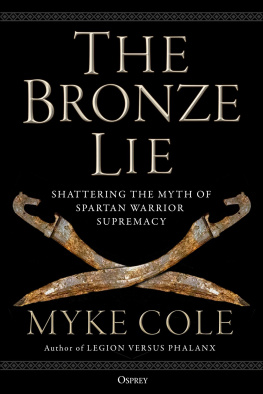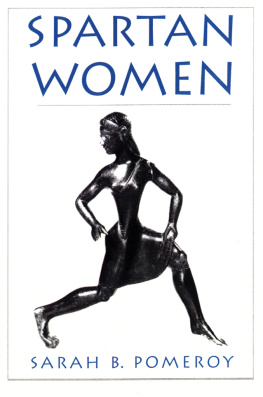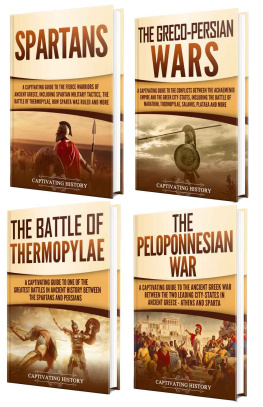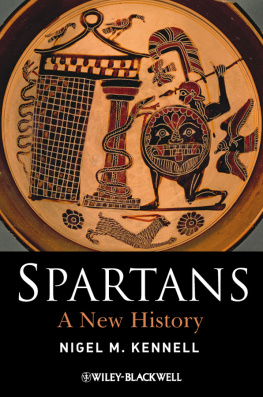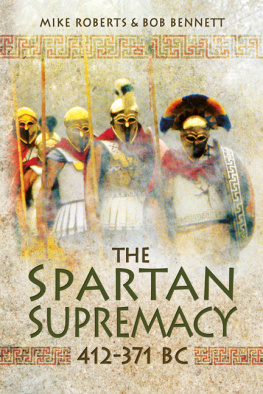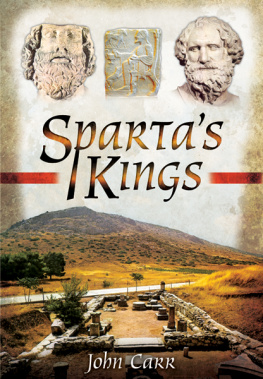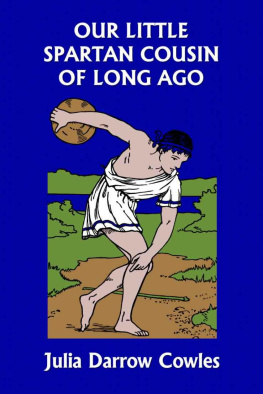
First published in Great Britain in 1985 by
Aris & Phillips Ltd
Reprinted in this format in 2012 by
Pen & Sword Military
an imprint of
Pen & Sword Books Ltd
47 Church Street
Barnsley
South Yorkshire
S70 2AS
Copyright J. F. Lazenby 1985, 2012
ISBN 9781848845336
eISBN 9781848849969
The right of J. F. Lazenby to be identified as Author of this Work has been asserted by him in accordance with the Copyright, Designs and Patents Act 1988.
A CIP catalogue record for this book is available from the British Library.
All rights reserved. No part of this book may be reproduced or transmitted in any form or by any means, electronic or mechanical including photocopying, recording or by any information storage and retrieval system, without permission from the Publisher in writing.
Typeset in 11pt Ehrhardt by
Mac Style, Beverley, E. Yorkshire
Printed and bound in the UK by CPI
Pen & Sword Books Ltd incorporates the Imprints of Pen & Sword Aviation,
Pen & Sword Family History, Pen & Sword Maritime, Pen & Sword Military,
Pen & Sword Discovery, Wharncliffe Local History, Wharncliffe True Crime,
Wharncliffe Transport, Pen & Sword Select, Pen & Sword Military Classics,
Leo Cooper, The Praetorian Press, Remember When, Seaforth Publishing and
Frontline Publishing.
For a complete list of Pen & Sword titles please contact
PEN & SWORD BOOKS LIMITED
47 Church Street, Barnsley, South Yorkshire, S70 2AS, England
E-mail: enquiries@pen-and-sword.co.uk
Website: www.pen-and-sword.co.uk
To my friend and colleague of many years
Dick Hope Simpson
with whom, while ostensibly looking for Mycenaean sites ,
I contrived to visit most of the battlefields of Greece .

Map 1. Ancient Sparta.

Map 2. Thermopylai.

Map 3. Plataea.

Map 4. Sphakteria.

Map 5. Mantineia.
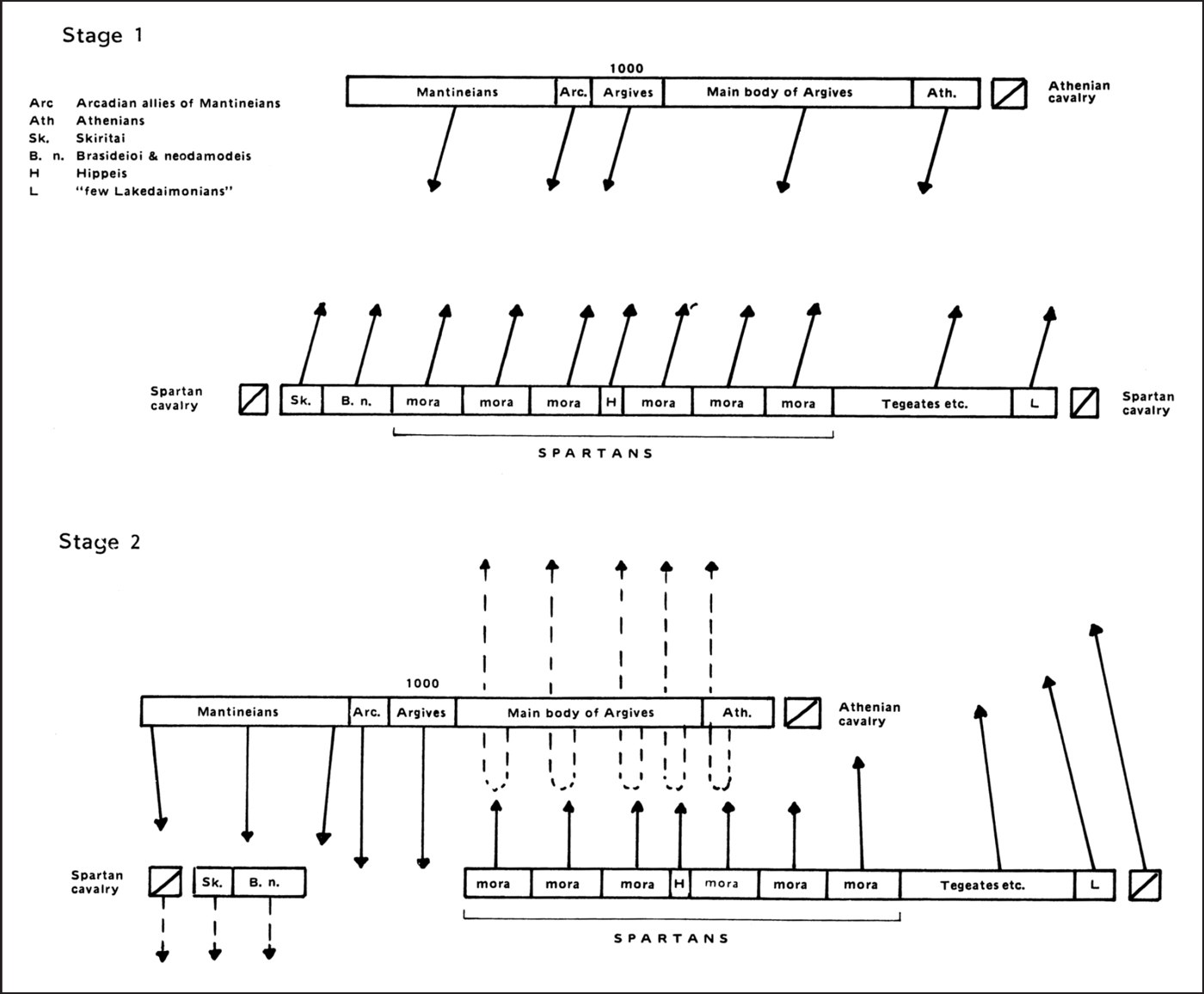
Map 6. Battle of Mantineia (stages 1 & 2).
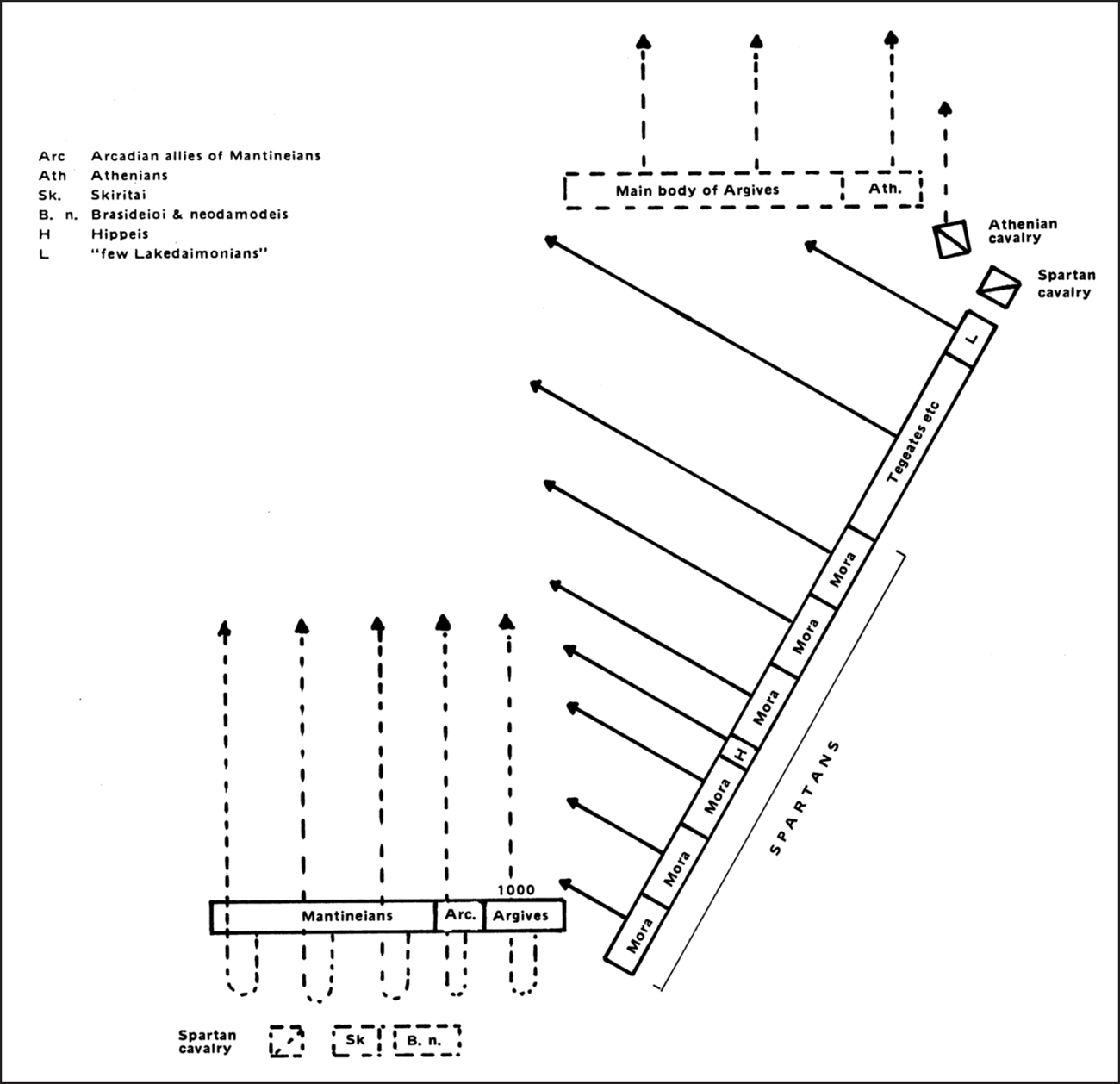
Map 7. Battle of Mantineia (stage 3).
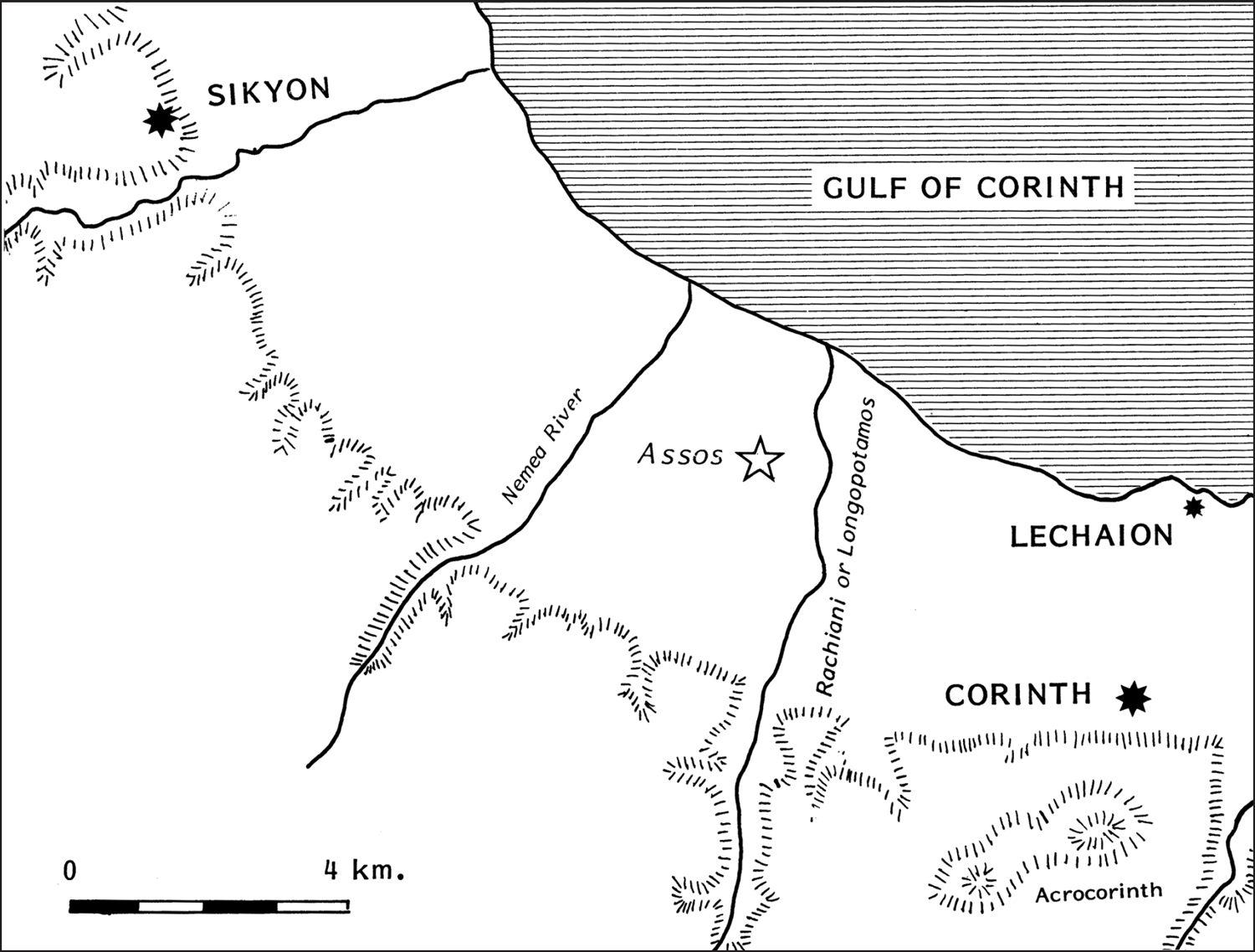
Map 8. The Nemea.
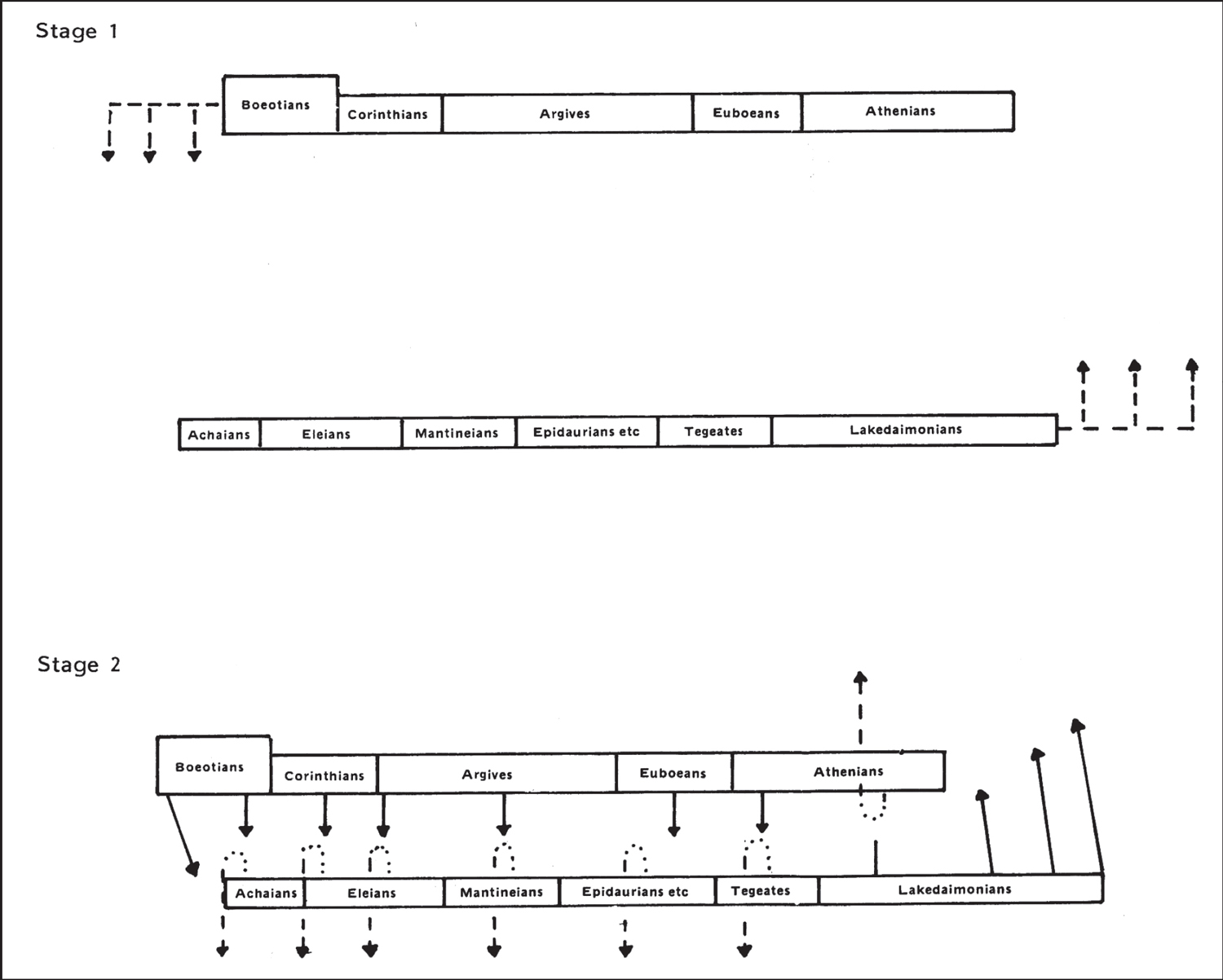
Map 9. The Battle of the Nemea (stages 1 & 2)
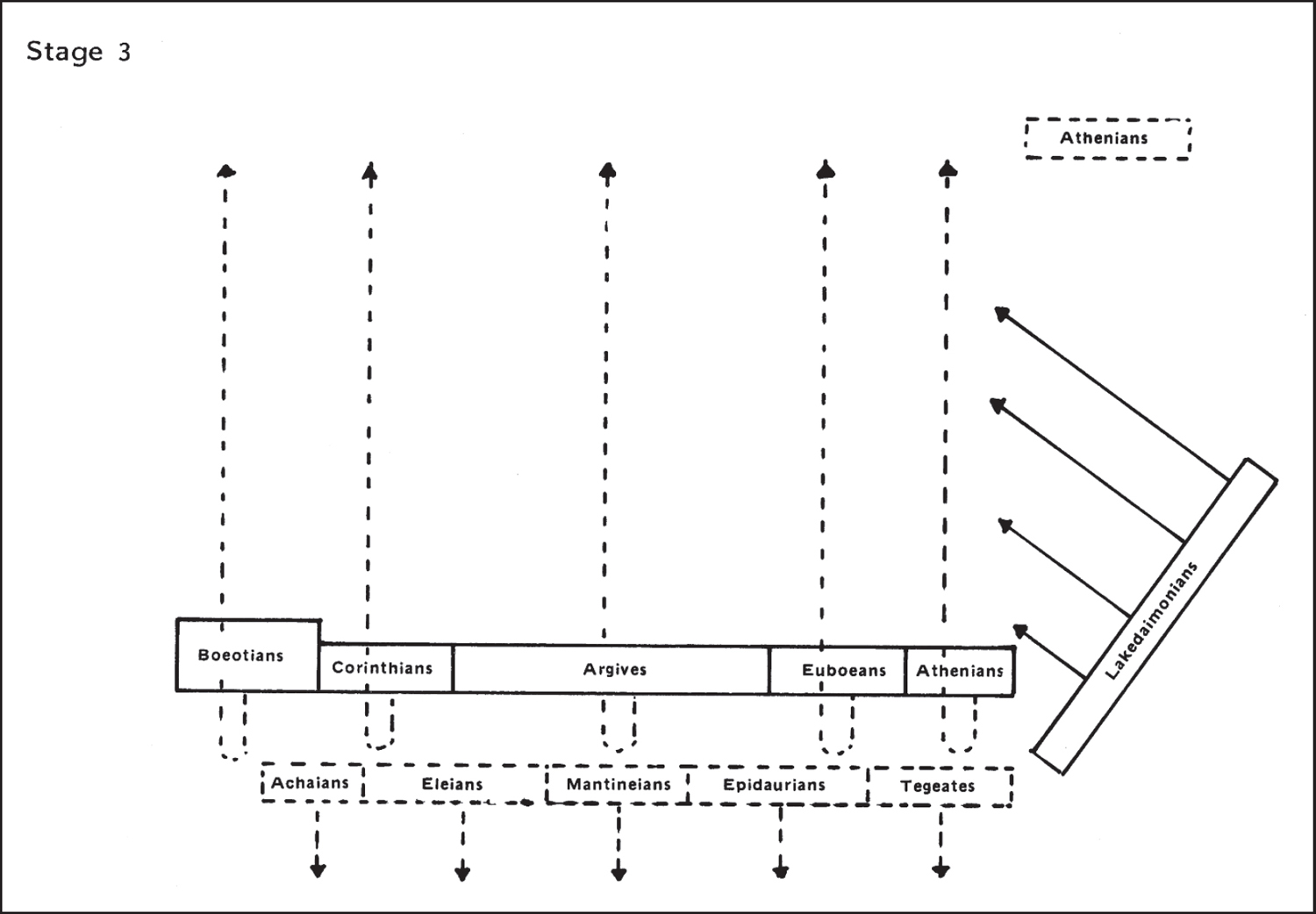
Map 10. The Battle of the Nemea (stage 3).
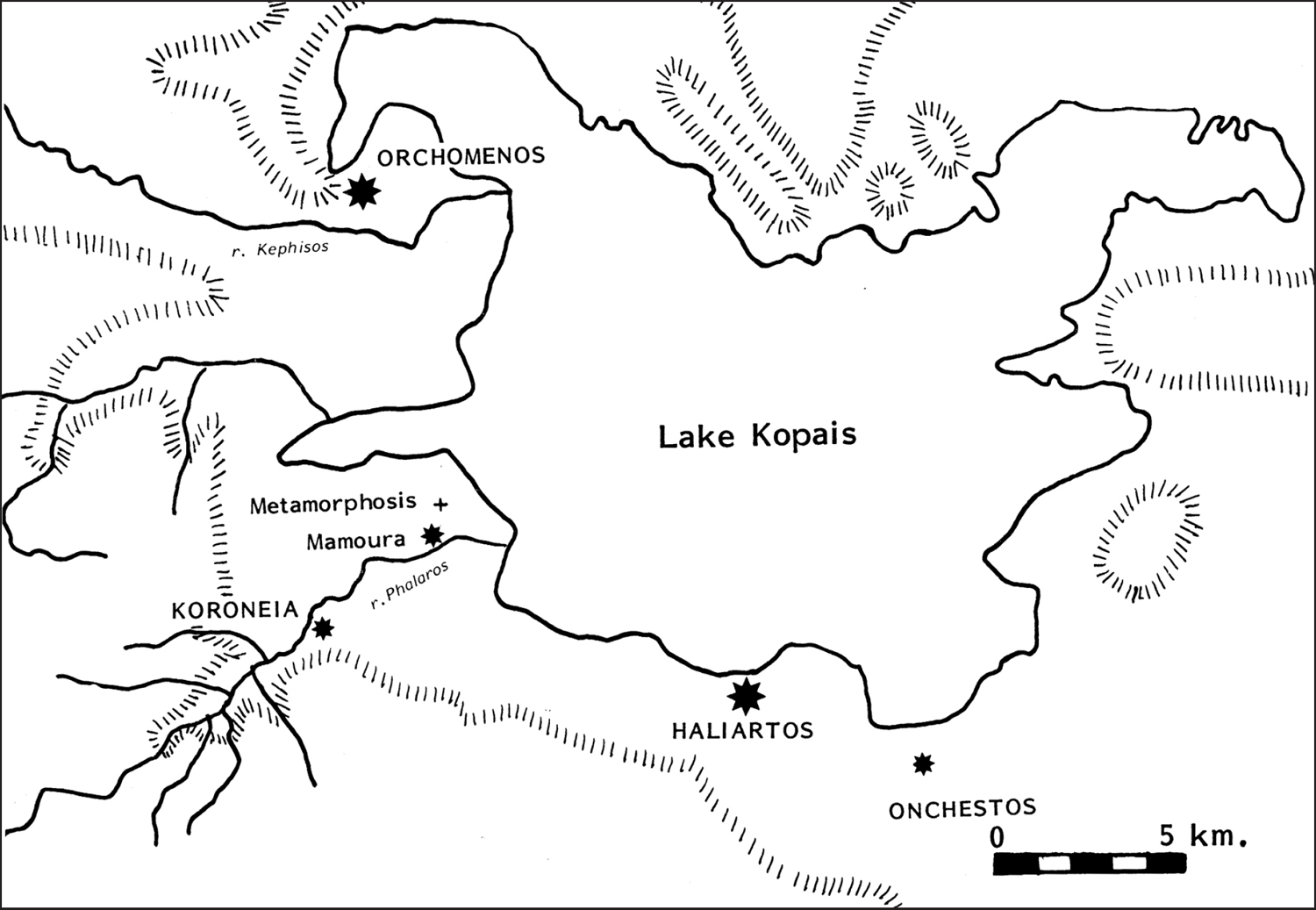
Map 11. Koroneia.
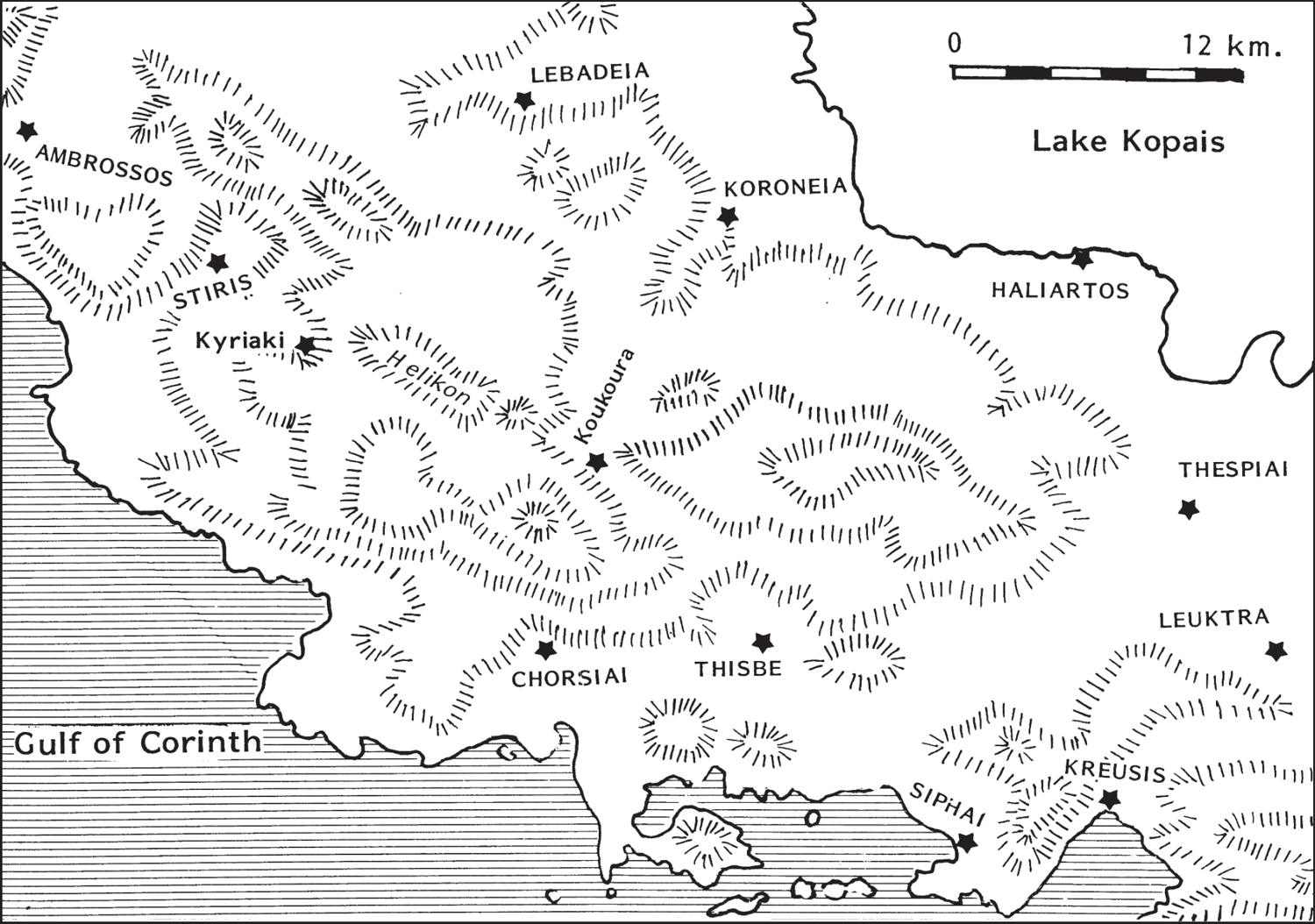
Map 12. The Leuktra Campaign.
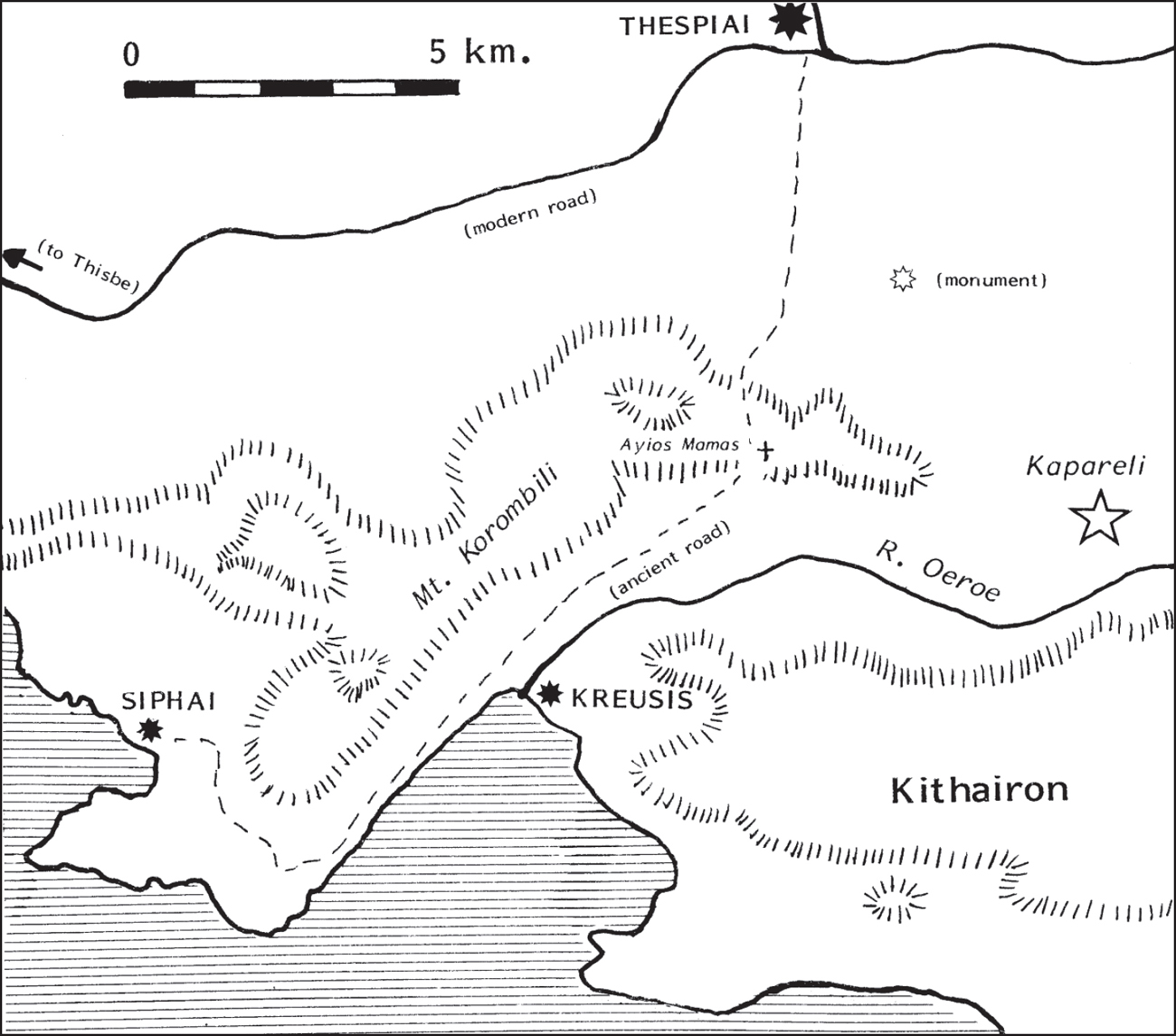
Map 13. Leuktra.
Preface
This book is about the Spartan army: it is not, except incidentally, a book about Sparta, nor a book about Greek warfare, nor yet a military history of Sparta itself. The limitations of scope I have set myself may sometimes seem too narrow, but they are deliberate: more could undoubtedly be said, for example, about how the Spartan military system fitted into the Spartan way of life as a whole, and further comparisons could be drawn with other armies, but there are already plenty of books about Sparta and about Greek warfare, which discuss the Spartan army in these wider contexts. It seemed to me that there was a place for a book which concentrated on the Spartan army itself, and tried to sort out how it was organized, recruited, equipped and trained, and what made it so outstanding an instrument of war. I am content to leave it to others to make what use they like of any of my conclusions which may seem to them to be valid.
It is an old joke among ancient historians that everyone, at one time or another, wants to write a book on Sparta, and it is easy to see why this is so. Although the peculiarities of the Spartan way of life have been exaggerated, both in ancient and modern times, and it is in particular a mistake to project these peculiarities too far back in time, taken as a whole, Sparta remains unique, if only as a totalitarian state which lasted, if not for a thousand years, at least for a good few centuries. The study of Sparta is also a marvellous arena for both the beginner and the professional, since there is so tantalisingly little evidence that anyone can think they have a brilliant new solution to some old problem how many of us, I wonder, have not thought up a new and completely satisfactory version of the rhetra? But the truth of the matter is, of course, that the more one studies Sparta, the more questions remain unanswered and perhaps unanswerable. The problem, indeed, about writing any book on Sparta is that one is bound, sooner or later, to slip into a morass of controversy in which one finds oneself disagreeing with someone about almost everything. Plutarchs remark, at the beginning of his life of Lykourgos, that in general it is possible to say nothing that is undisputed, can easily be applied to Sparta as a whole.
One result is that the stream of books and articles about Sparta is seemingly endless, and I am very conscious that I have not read everything that I might have done, on my subject I am not sure that it would be possible in an average lifetime. I think I have read most of the ancient literary sources, and that I have at least a reasonable knowledge of the other ancient evidence, and it is, after all, on this that all conclusions should be based. It seems to me more worthwhile to set out the conclusions to which one has come on the basis of the ancient evidence, than to argue against all other possible interpretations, and I have tried to avoid what might be categorized as the coconut-shy school of history, whereby one tries to knock down the hypotheses of others, one by one, often leaving the field strewn with hypotheses and not a conclusion in sight. Three of my general conclusions, in particular, I think are new, and if valid, have some importance that the Spartan army was twice as large in Xenophons and Thucydides time as most people think, and still composed exclusively of Spartans, though no longer only of Spartiates, and that its basic organization into morai and lochoi goes back to the eighth century.





